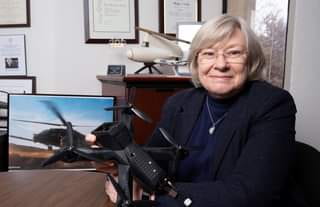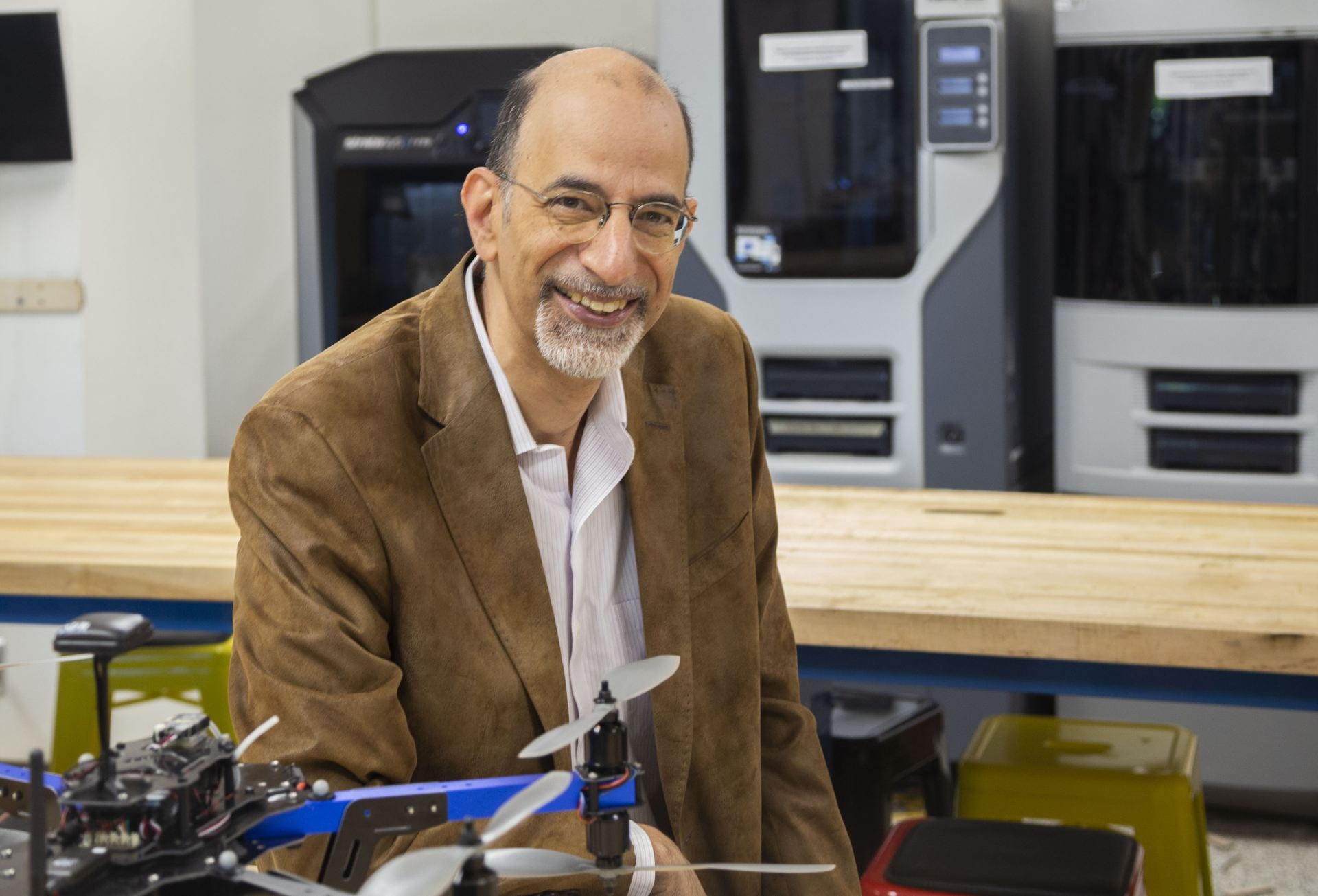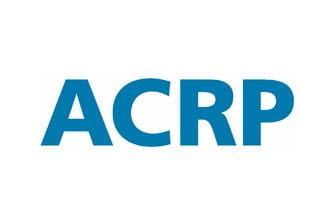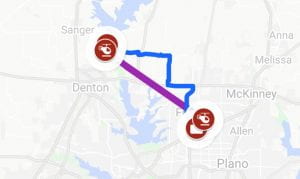Our research is looking at different urban morphologies, population distributions, local regulatory frameworks, and airspace constraints so that we can adjust aircraft design and operational requirements.
 New Tool to Help UAM Industry Design, Maintain Vertical Lift Vehicles Cost Effectively
New Tool to Help UAM Industry Design, Maintain Vertical Lift Vehicles Cost Effectively
One day urban U.S. commuters will bypass choked roadways in favor of advanced vertical lift vehicles — a cross between a small propeller plane and a helicopter — to propel them to their daily destinations. Achieving this reality first requires the industry to make the business case for using advanced materials for urban air mobility while also ensuring the aircraft operate with the highest safety standards. A NASA-funded research effort led by Georgia Tech with four universities has made promising progress on that front with a first-of-its-kind analytics tool that will help the UAM industry make smarter materials choices when designing vehicles. read more
 AI-based Algorithms to Help AAM Vehicles Operate in Highly Dynamic, Uncertain Environments
AI-based Algorithms to Help AAM Vehicles Operate in Highly Dynamic, Uncertain Environments
The future world of autonomous vertical lift aircraft operating over cities requires more advanced air traffic control capabilities to safely navigate the vehicles in a crowded lower-altitude airspace. Georgia Tech professor Kyriakos Vamvoudakis is designing secure motion planning algorithms that use Artificial Intelligence (AI) to operate effectively in dynamic, unknown environments. The project’s goal is to develop more robust human-machine decision-making systems for increasingly autonomous traffic management. read more
 The Surprising Market Demand for Regional Air Mobility
The Surprising Market Demand for Regional Air Mobility
Despite being on average less than 20 minutes away from a regional airport, most Americans spend time either driving to their final destination or driving to a large airport to fly on regional itineraries. A NASA-funded study by Georgia Tech led by Dr. Cedric Justin finds untapped demand for shorter-distance flights in many under-served U.S. communities. read more
 Making eVTOL Maneuvering and Landing Systems Smarter
Making eVTOL Maneuvering and Landing Systems Smarter
“Flying robots.” Those two words encapsulate Panagiotis (Panos) Tsiotras’ work at Georgia Tech: enabling future electronic autonomous aircraft to fly and land safely. Dr. Tsiotras is part of a multi-institution team selected for a NASA University Leadership Initiative (ULI) focused on Safe Aviation Autonomy. read more
 Massive Open Online Course on Urban Air Mobility Launched
Massive Open Online Course on Urban Air Mobility Launched
Munich Aerospace recently launched a new Massive Open Online Course (MOOC) on urban air mobility. Prof. Laurie Garrow at Georgia Tech participated in developing a module for this course. The MOOC, which is offered free-of-charge through Coursera, contains ten modules that covers a variety of topics ranging from demand modeling for UAM to traffic management, trajectory planning, integrating UAM with urban infrastructure, and user acceptance. read more
 Ph.D. Student Mark Kotwicz Herniczek Wins ACRP Scholarship
Ph.D. Student Mark Kotwicz Herniczek Wins ACRP Scholarship
Ph.D. student Mark Kotwicz Herniczek recently published a paper as part of the highly competitive ACRP (Airport Cooperative Research Program) Graduate Research Award (GRA), awarded to doctoral students pursuing promising applied research on airport and related aviation systems issues. As part of this project, he developed a model to help airport and regional planners explore the feasibility of an urban air mobility commuting service. read more
 Are Air Taxis Coming to a City Near You?
Are Air Taxis Coming to a City Near You?
Georgia Tech research finds that how cities are structured will drive demand for Advanced Air Mobility (AAM) services in the coming decade, whether in urban or regional population centers. The study, conducted by researchers at Georgia Tech and the Transport and Mobility Laboratory at École polytechnique fédérale de Lausanne in Switzerland found that air taxi demand for commuters for the 40 most populous cities in the U.S. is concentrated in a handful of urban areas. read more
 Battery Requirements for Electric VTOL Aircraft for Urban Air Mobility (UAM)
Battery Requirements for Electric VTOL Aircraft for Urban Air Mobility (UAM)
Prof. Brian German collaborated with Rob McDonald to investigate the implications of battery specific energy on sizing and range performance of electric VTOL aircraft for Uber’s planned Dallas–Fort Worth UAM market. They presented their work at the Uber Elevate Summit in April 2017 in Dallas. Here is a video of their talk: read more
 Cargo Delivery by Passenger-Class Electric VTOL Aircraft
Cargo Delivery by Passenger-Class Electric VTOL Aircraft
In a NASA-funded study, Brian German collaborated with Matt Daskilewicz and students Thomas Hamilton and Matthew Warren to assess potential concepts of operations for using battery electric VTOL UAM aircraft, of the type now being considered for passenger service, for cargo delivery. The team considered a notional cargo service in the San Francisco Bay Area, in which eVTOL aircraft deliver packages from an Amazon fulfillment center east of the city to a select few urban cargo veritports. read more
 Economic Thin Haul Aviation Concepts (ETHACS)
Economic Thin Haul Aviation Concepts (ETHACS)
In this NASA NRA project, Brian German is the PI for a multidisciplinary, multi-university team working to develop technologies and concepts of operations for invigorating regional aviation at small airports. The team has approached the problem by investigating system solutions that directly map to the profitability of air carriers engaged in thin haul commuter operations. read more
